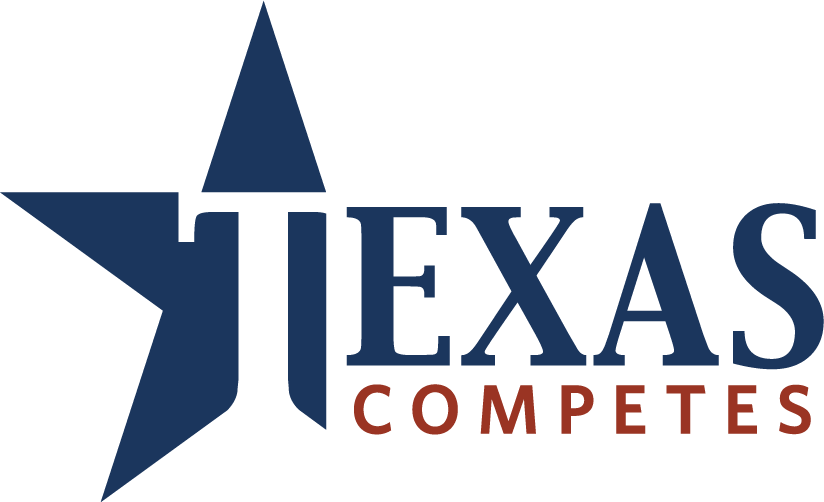
THE ECONOMIC CASE
For An LGBT-Friendly State
Texas can avoid major competitive risks and win investment, business, and talent by sending a clear and consistent signal that the LGBTQ community is fully welcome here. This message matters to large and small businesses, to tourism and travel bookers, and to talented workers.
Treating LGBT people fairly and welcoming them warmly costs nothing and would change our state’s brand for the better, while creating quantifiable, long-term economic benefits. That’s what we call a smart business decision.
A 2020 study by Texas economist Ray Perryman shows massive gains to jobs, state and local revenues, and the state economy if Texas were to pass a nondiscrimination law.
47%
Of meeting and convention planners say they will “absolutely avoid” booking meetings in states that pass anti-LGBT legislation
$75M
Estimated economic impact of hosting a NCAA Final Four tournament. The NCAA is questioning future host cities on discrimination protections as part of selection criteria.
1 Billion
Number of negative social media posts about Indiana’s stance on LGBT rights in just 30 days in 2015
$600M
Five-year economic damage to hotel & meetings industry, as estimated by the Metro Atlanta Chamber of Commerce, if anti-LGBT legislation had been signed into law
2,000+
New jobs lost due to canceled corporate investments in North Carolina over LGBT issues
1,000
new jobs lost at Angie’s List, after it halted a $40 million expansion in Indiana over LGBT issues
$1 Billion
Facebook’s investment in a new data center in Fort Worth; executives cited the city’s LGBT-inclusive non-discrimination law as part of their decision
Attracting Competitive Talent
79%
Non-LGBT Millennials want to see workplace non-discrimination for their peers
75%
Millennials will make up 75% of the U.S. workforce by 2030 (Bureau of Labor Statistics)
30%
States with LGBT-inclusive non-discrimination protections attract large numbers of inventors, who in turn produce 30% more patents than their peers (Harvard Business Review)








